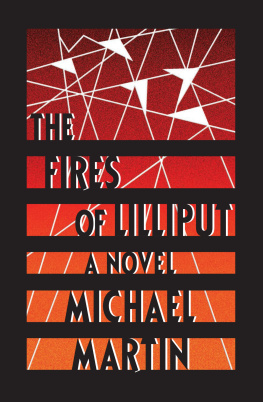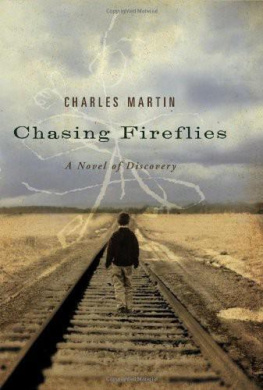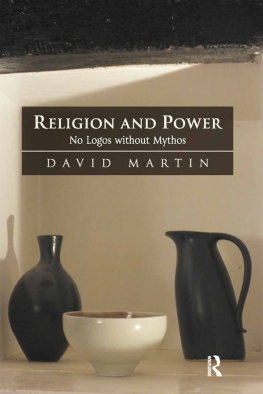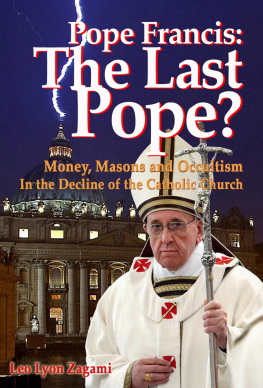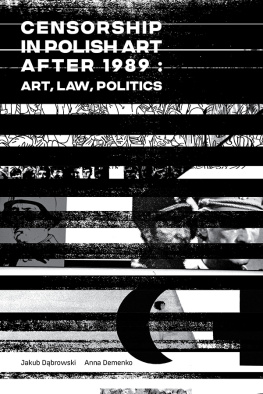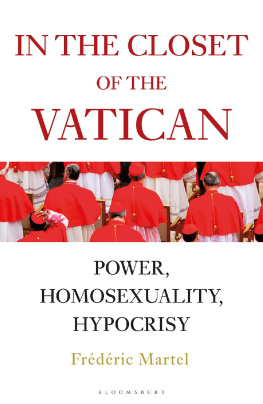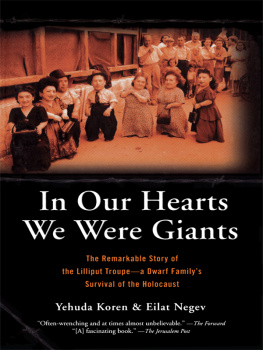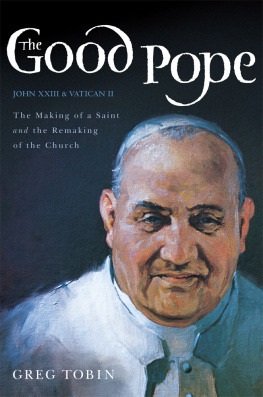The Fires of Lilliput
Michael Martin
The Fires of Lilliput is fiction.
Names, characters, places, events, and actual persons,
living or dead, real or imagined, are used fictitiously.
Copyright 2019 Michael J. Martin
All rights reserved, including the right of reproduction in whole or in part in any form.
Published in the United States by Heart Beat Publications, LLC.
Library of Congress Cataloging-in-Publication data available on request.
Printed in the United States of America.
ACKNOWLEDGMENTS
The Fires of Lilliput is fiction, but its story owes tremendously to the memoirs, diaries, and testimony of real people who survived the savage onslaught of the Second World War in Poland. No fiction could imagine the story presented in these pages. No imagination could conjure such a tale.
I read two powerful and moving memoirs during five years of research: Why, Oh God, Why? A Daily Diary of Life Inside the Warsaw Ghetto by Halina Gorcewicz; and Bellum Vobiscum: War Memoirs, by Zygmunt Skarbek-Kruszewski.
Neither Gorcewicz nor Skarbek-Kruszewski appear in this novel. But many chapters and passages owe much to their recollections of daily events, from which a central theme emerges.
Articulated so well by Langdon Gilkey and Viktor Frankl, it is that under tense circumstance, we are neither Christian nor Jew, rich nor poor, but man and woman, essential and exposed. The naked reality of suffering strips evil of its subterfuge; reveals good in simple glory; and finds people striving and struggling for some worthy goal.
In The Fires of Lilliput , that goal is life. Michael Martin
For my wife and children.
For Bob Freedman and Selma Luttinger,
who encouraged me to write this story.
THIS INTERNMENT CAMP REDUCED SOCIETY, ordinarily large and complex, to viewable sizes, and by subjecting life to greatly increased tension, laid bare its essential structures.
Christian philosopher and concentration camp survivor Langdon Gilkey , Shantung Compound: The Story of Men and Women Under Pressure
WHAT MAN ACTUALLY NEEDS is not a tension-less state but rather the striving and struggling for some goal worthy of him. What he needs is not the discharge of tension at any cost, but the call of a potential meaning waiting to be fulfilled by him.
Jewish philosopher and concentration camp survivor Viktor Frankl , Mans Search for Meaning
DESTINY DECIDED THAT I SHOULD FIND adventure in the awful mess of a Europe swept by war. Primo Levi , survivo r
BOROUGH
One
T he monsignor appeared with a young novitiate at her door on a cold Brooklyn day in November 1973. He had an address but no telephone number. He would not have called anyway.
A teenage girl answered the knock. She stayed behind a screen door.
Is this the home of Shosha Price?
Are you looking for donations? the girl asked.
No. We came to talk to your mother.
She isnt here.
Its urgent.
The girl looked at the men. She looked at their black shirts and wide, white collars. They both wore black overcoats.
Shell be home later, the girl said. Can you come back?
Do you know when?
Maybe an hour.
The men looked at one another and nodded to the girl. She watched them raise their umbrellas and walk down the steps. Then she opened the screen.
Why dont you wait inside? she said.
The men turned and looked at her.
I can make coffee, she said.
They walked back up the steps. Thank you, the monsignor said.
They spent little over an hour making small conversation. When the girl heard her mother coming in the back door, she stood and went to her. The monsignor and the novitiate heard them exchange words in another room. A well-kept woman in her early fifties came into the front room. The two men stood.
Shosha Price?
Who is asking? she said. She had a Polish accent, thicker than the monsignors. He shook her hand gently.
We are here on behalf of the Vatican, he said. Jaruslaw Bachleda.
The woman looked at them.
Were here for something good, the novitiate said. From the Holy Father in Rome. He smiled and took her hand and her face relaxed.
My daughter says youve come to speak with me.
We have, the monsignor said. We need to speak about Jakub Chelzak, a Servant of God.
The woman stepped back and raised her hand to her mouth. She almost tripped.
My G-dJakub. Her voice cracked and she felt her legs weaken. Her daughter took her by the shoulders and felt her trembling.
Then you are Shosha Mordechai? the novitiate said.
She looked at him. She was crying without sound.
Yes, she said. I am.
GHETTO
Two
U p close, Shosha Mordechai had never seen a soldier. She had only seen them passing in the streets and waving. The war had been a safely distant thing until a young Polish officer in uniform, Pavel Worcek, arrived with a flier advertising a vacancy in one of the Mordechai buildings. Shosha answered the door with a broom in her hand.
Good day panna, he said. Is your master here?
My papa? She saw the flier. Youve come about the flat.
Your papa?
Ill get the key.
He followed her across the street and down a block through an alley. They went upstairs to the second floor and she opened the door to a small, clean three-room flat overlooking Pawia Street.
Fine, the soldier said. Its fine.
You should look around a little, Shosha said. Over herelook at this view.
They looked down through an X-shaped paper strip on the window and saw a man with sidelocks and a beard sweeping the front of a haberdashers shop.
Well, if I need a tailor, Pavel Worcek said.
The soldier turned away, but three young men walking up the sidewalk caught Shoshas eye. They crossed the street to the haberdasher. Then she turned away.
If you like it, my father requires a cash deposit of a months rent.
I have thatno problem. He took an envelope from his pocket, counted out the bills, and handed them to Shosha .
A scream from outside stopped her from recounting the money and she rushed to the window. Theyre cutting him! She ran out of the flat, down the stairs, and into the street.
Gevalt! Gevalt! The old man was on his knees cryingthe thugs were shearing his locks with long scissors. People looked out windows and screamed police! but only Shosha approached. She turned and ran back and grabbed Pavel Worcek, who stood on the stoop outside the apartment.
Cmonyoure a soldier, she said and she tugged him, but he resisted. She dropped his arm and went toward the men on her own. The small one held up the scissors when he saw her. She stopped and screamed. She eyed the men and picked up a rock and threw it through a window over the haberdashers shop. Glass crashed onto the street.
Spierdalaj ty glupia pizda, said one of the hooligans and they threw the scissors at Shosha and ran. She went to Meziel, the tailor, and bent down. He was bawling and she took his head in her arms. She looked up as a shadow crossed and saw the soldier Worcek. She jammed her hand into her pocket and held up the bills. She could not see the soldiers face for the glare of the sun.
Keep your money, she said, and threw it at his feet.
Three
A t first, it seemed anti-Semitism had suddenly gripped a whole generation of young Polish men, who wandered Warsaws streets in gangs of six or eight, smashing windows or slashing the cheeks of boys wearing yarmulkes. But gradually the attacks took on a planned character, orchestrated on holy days, more frequent during the Jewish seasons.
These thugs are Hitlers men, Lev Mordechai said. Anybody who doesnt see it now, and refuses to fight the way armies fightwell, they will see it soon and more painfully.
Next page
